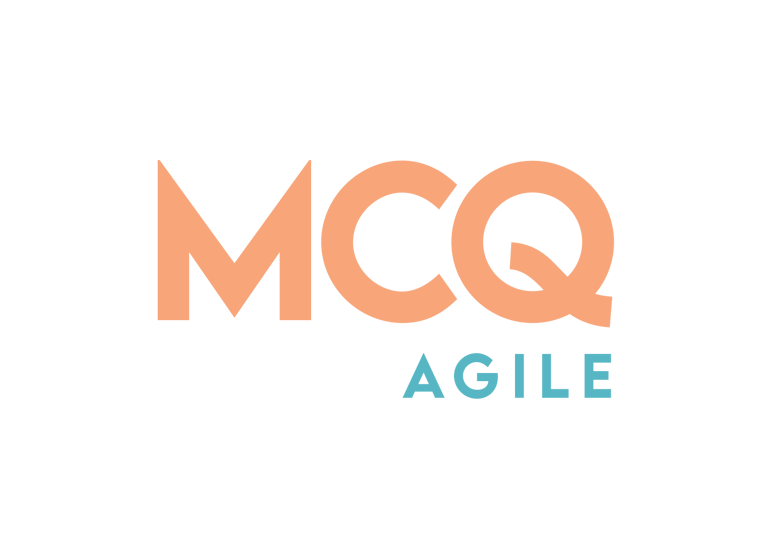What is Agile working?
Have you ever been part of a project that seemed to drag on forever? Perhaps you've watched as priorities shifted halfway through, or witnessed stakeholders receive an outcome that didn't quite match their expectations? If these scenarios sound familiar, you're not alone.... and there's a better way.
Alex Thomas
4/22/20253 min read

Beyond the Buzzword
'Agile' has become something of a corporate buzzword over the last decade. You might hear it tossed around in meetings or see it featured prominently on company websites. But what does it actually mean in practice?
At its core, Agile is a mindset, a different way of thinking about how we approach work, particularly in complex environments where needs might evolve and change. It's not a rigid methodology or a one-size-fits-all solution; rather, it's a set of principles that guides how teams organise themselves and deliver value.
The Origins
Agile formally emerged in 2001 when a group of software developers created the Agile Manifesto. They were frustrated with traditional Waterfall project management approaches, which followed a linear, sequential path from planning through to delivery.
The manifesto prioritises:
Individuals and interactions over processes and tools
Working solutions over comprehensive documentation
Customer collaboration over contract negotiation
Responding to change over following a plan
While the items on the right still have value, Agile values the items on the left more.
Why Agile Works Beyond Tech
Traditional project management assumes we can predict everything upfront. But in reality, priorities change, market conditions shift, and new insights emerge. Agile acknowledges this reality and builds adaptability into the process.
By working in short iterations (often called 'sprints' in Scrum, a popular Agile framework), teams can deliver incremental value, gather feedback, and adjust course as needed. This approach reduces risk and increases the likelihood of achieving outcomes that actually meet stakeholder needs.
Agile Across the Organisation
While Agile originated in software development, its principles have proven valuable across various business functions:
In HR: Agile can transform talent acquisition by breaking down the recruitment process into iterative cycles, allowing for continuous improvement based on candidate feedback and changing role requirements.
In Marketing: Teams can use Agile to launch campaigns incrementally, measure results, and pivot quickly based on audience response rather than investing in lengthy campaigns that might miss the mark.
In Operations: Agile principles help streamline processes by identifying bottlenecks quickly and implementing improvements in manageable chunks rather than attempting massive overhauls.
In Finance: Budget planning can become more responsive through rolling forecasts and regular reprioritisation sessions rather than rigid annual budgets that quickly become outdated.
Is Agile Right for Your Organisation?
Agile isn't a silver bullet. It requires commitment, particularly from leadership, to create the conditions where Agile teams can thrive. This means:
Trusting teams to self-organise
Embracing uncertainty and being comfortable with not having all the answers upfront
Being willing to listen to feedback and change direction if needed
Focusing on outcomes rather than outputs
For organisations used to hierarchical structures and detailed upfront planning, this shift can be challenging. But the potential benefits like faster adaptation, higher quality outcomes, greater responsiveness, and more engaged teams, make it worth considering.
Starting Your Agile Journey
If you're curious about how Agile might benefit your organisation beyond tech departments, here are some starting points:
Start small. Rather than overhauling your entire organisation, experiment with one team or initiative.
Focus on principles over practices. Understanding the 'why' behind Agile is more important than blindly following specific methodologies.
Seek expert guidance. An experienced Agile coach can help navigate the cultural and practical challenges of adoption.
At MCQ, we're experienced in guiding organisations through this journey, helping them move beyond the tech-focused view of Agile to create meaningful change in how all departments work. We focus on motivating teams, connecting workflows across functions, and qualifying the right approach for your specific organisational context.
Agile isn't just a way of managing projects; it's a way of thinking about work. And when embraced fully, it can transform not just what your teams deliver, but how your people collaborate and respond to change every day.
Interested in learning how MCQ's Agile Beyond Tech approach could help your organisation Connect more effectively? Book a consultation!
Contact us
Whether you have a request, a query, or want to work with us, use the form below to get in touch with our team.




